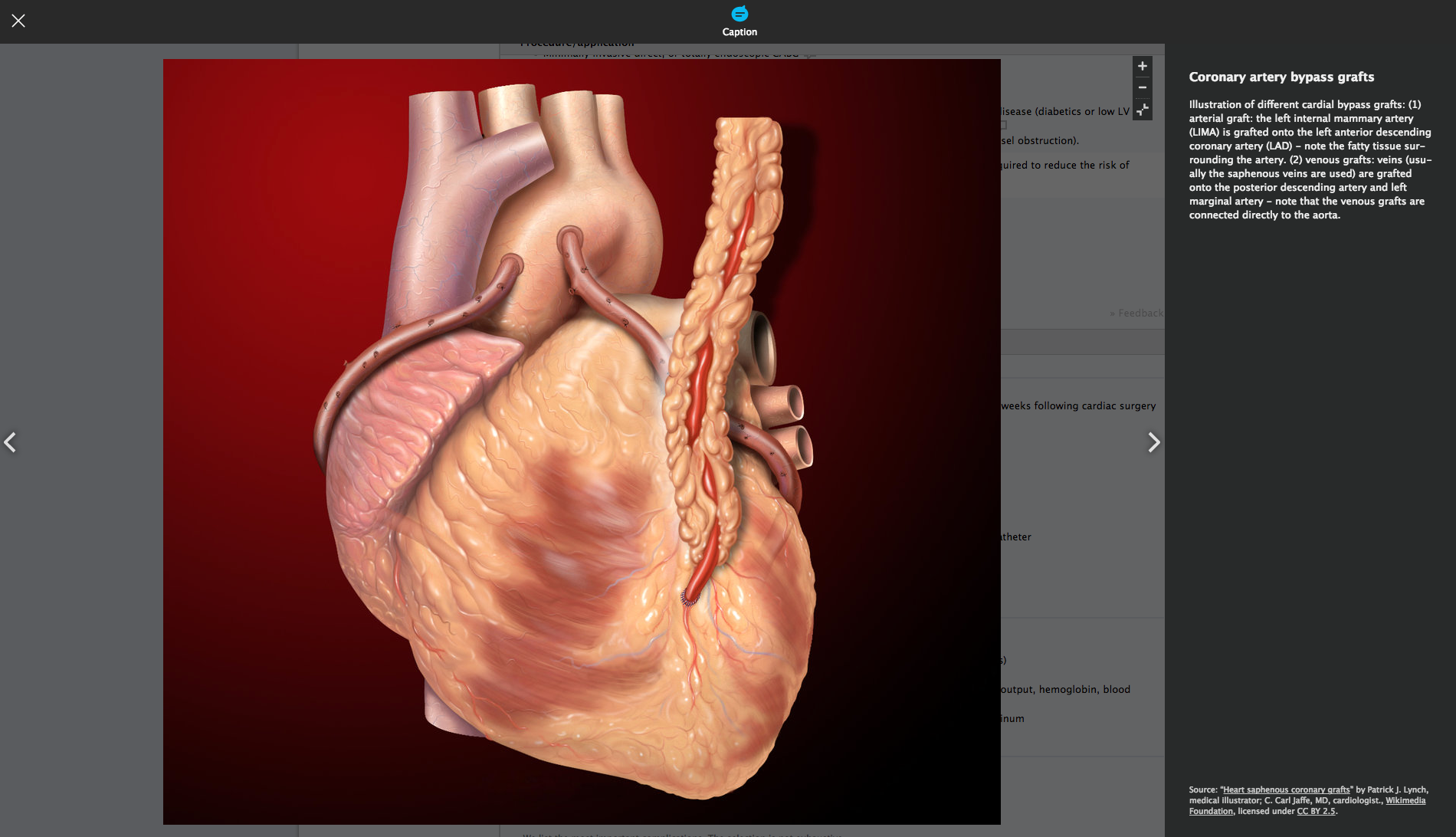Surgery Shelf Tips: Scrub into the OR with Confidence

It's a new school year for many medical students - and the first time you're scrubbing into the OR. We've got some tips and tricks to help you out during your surgery rotation. While the Surgery Shelf is one of the most feared exams, our injections of Surgery Shelf knowledge are not in “vein!” So, make the cut with AMBOSS and scrub in with confidence.
Be Prepared To Study A Lot
One of the biggest mistakes you can make is to put off studying. Yes, you will be spending a large amount of your time in the OR and checking in on your postoperative patients. At the same time, it is imperative to study as often as possible without impeding your patient care responsibilities or missing opportunities to participate in surgeries. While studying should be a priority, you will retain much more through personal experience. So, soak it all in, be present, ask your attending questions and research patient conditions. Given the time commitment that the surgery rotation requires, it will be difficult to find dedicated study time outside of the hospital. Make it a priority to find time inside the hospital and start early!
Find Study Resources That Don’t Require Wi-Fi
It is common knowledge that you may struggle with Wi-Fi on the wards. Did you know that AMBOSS is constantly accessible, even when Wi-Fi is nowhere to be found? Access over 640 Surgery Shelf Exam questions and over 300 surgery-specific Articles within our extensive Qbank, which are aligned accordingly with the USMLE outline. To get started, download the Android Qbank and Knowledge apps or the iOS Qbank and Knowledge apps, which are available offline, so you can access AMBOSS at anytime, no matter where you are.
Study Under Exam-Like Conditions
Make sure to revisit the NBME website, where a synopsis of the Surgery Shelf Exam is broken down objectively and systematically. Similar to all other Shelf Exams, you will receive 2 hours and 30 minutes to complete 100 questions. You'll find that many questions have longer stems than other Shelf Exams. Allotting yourself 90 seconds per question means you must move fast. To help you prepare, AMBOSS offers Exam Simulation, which allows you to study in conditions similar to what you’ll see on the NBME Surgery Shelf.
-2.png) Create a custom session to study for the Surgery Shelf by activating 'Exam Simulation.'
Create a custom session to study for the Surgery Shelf by activating 'Exam Simulation.'
Be Proactive and Get Involved
Make sure to introduce yourself to everyone in the OR and be sure to share both your name and role so they know who you are. As you get more comfortable during your rotation, and once you get to know the residents and doctors better, volunteer or offer to complete more tasks. Additionally, if something is unclear, ask questions or suggest the demonstration of specific techniques for certain skills that you have yet to master. Of course, you must always try to gauge the situation and never ask questions if residents or doctors are extremely busy.
Think Ahead
If you know you are going to scrub into the OR for a specific case, be prepared. Read up on the case beforehand and prepare for questions that could be asked. Important aspects to study during your surgery rotation include a review of anatomy, indications for surgery, basic techniques of examination and surgical procedures and an understanding of possible complications. Pair the AMBOSS Surgery Shelf Qbank with the clinical knowledge library to access high-yield information on all of these topics and more.
Since you can’t ‘bypass’ the Surgery Shelf Exam, test drive AMBOSS today! Sign up to access your free 5-day trial!
AMBOSS is a great learning tool. The combination of a high quality question bank linked to relevant, concise learning materials makes the test prep process easy.
